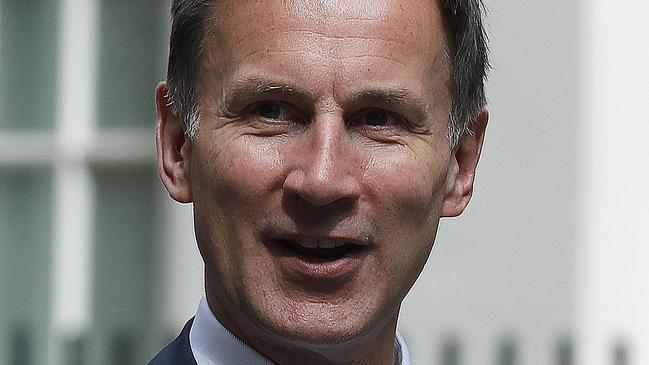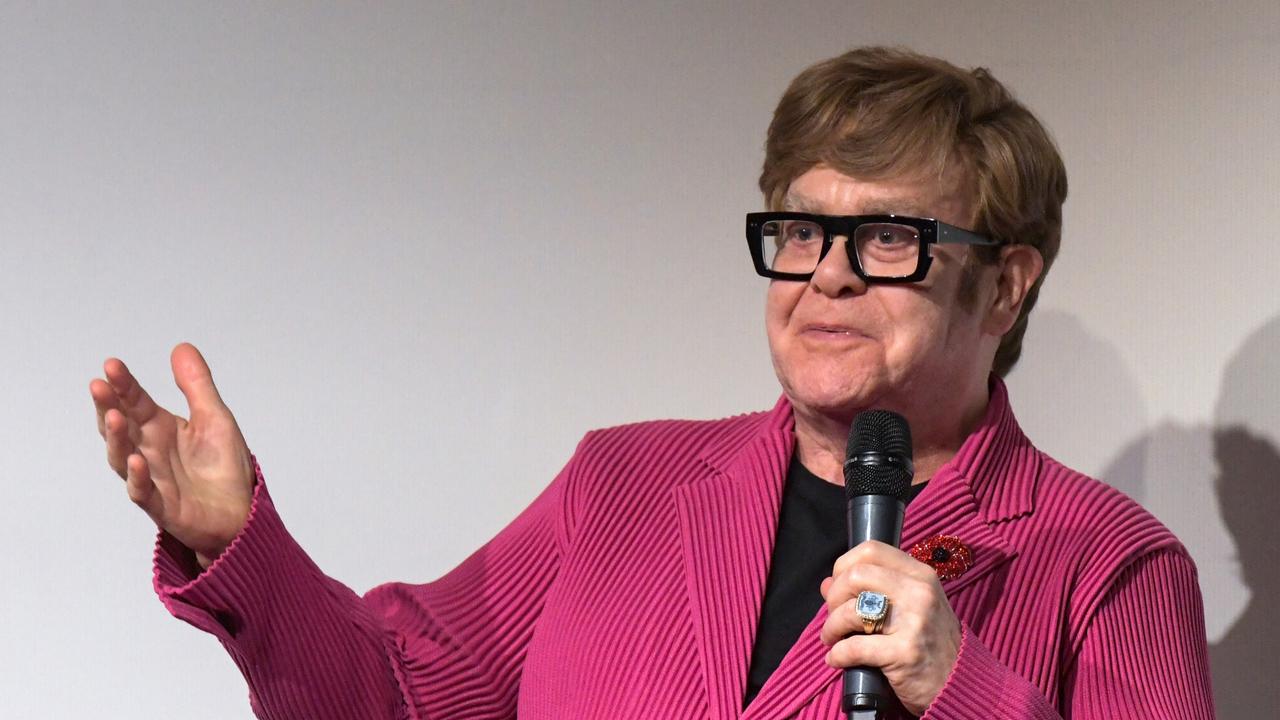Hunt digs in over Johnson’s cabinet line-up
Jeremy Hunt’s future in the British cabinet is on the brink after he told Boris Johnson he would not accept a demotion.

Jeremy Hunt’s future in the British cabinet is on the brink after he told Boris Johnson he would not accept a demotion from Foreign Secretary.
Mr Hunt made clear to Mr Johnson during a 15-minute meeting that he was willing to accept only three roles in government: his present job, chancellor of the exchequer or deputy prime minister.
Mr Johnson is said to have offered Mr Hunt the position of defence secretary, which Mr Hunt refused because it was considered a “notional demotion”.
Losing Mr Hunt would represent a blow to Mr Johnson in his attempt to form a “unity” government to bring the party back together after his election to the party leadership, and therefore prime ministership, on Tuesday.
The new Prime Minister is also expected to give former rival Michael Gove a significant promotion from his role as environment secretary. Mr Gove, who also ran for the leadership but was narrowly defeated by Mr Hunt to a place in the final two, ended Mr Johnson’s first attempt to become prime minister three years ago.
By securing 66.3 per cent of the leadership vote on Tuesday, Mr Johnson will argue that the scale of his victory gives him a mandate to appoint his cabinet and pursue his new Brexit deal.
Despite the scale of his triumph, his reshuffle will be a delicate balance. If he lines his cabinet with Brexiteer allies, he risks fuelling the “rebel alliance” of backbench MPs, led by resigning ministers Philip Hammond and David Gauke, who are implacably opposed to a no-deal.
Pro-European backbenchers believe as many as 20 Tory MPs could vote to bring down Mr Johnson’s government if he tries to force Britain to leave the EU without a deal.
Mr Johnson’s numbers represents the largest share of the vote secured by any leader of a main political party since David Cameron became Tory leader with 67.5 per cent vote in 2005. The turnout in the latest contest was 87.4 per cent, significantly higher than the 78 per cent turnout in Mr Cameron’s victory.
Within minutes of the vote, Mr Johnson’s allies, including Priti Patel, who is expected to secure a prime role in cabinet, were hammering home the message that he had a mandate to deliver Brexit.
Senior members of his team have acknowledged that the parliamentary arithmetic is unsustainable, believing he will have no choice but to hold a general election within a year, either before or after Britain has left the EU.
Ms Patel, the former international development secretary, is poised to make a remarkable return to cabinet amid suggestions she will become home secretary.
She was forced to resign in November 2017 after it emerged that she had held secret meetings with senior Israeli figures during a holiday, including with Prime Minister Benjamin Netanyahu. She acknowledged at the time that her actions “fell below the high standards” expected. A prominent Brexiteer and supporter of free markets, Ms Patel was previously a strong supporter of the death penalty. She is a friend of Indian Prime Minister Narendra Modi, and has called for the relaxation of visa rules for Indian students.
Two cabinet ministers are vying for the role of chancellor of the exchequer. Sajid Javid, the home secretary, had been considered the firm favourite but Liz Truss, the chief secretary to the Treasury, has made clear that she wants the job.
Rishi Sunak, a member of the 2015 intake, is also tipped for promotion. Mr Sunak is an Oxford graduate who spent several years living in California. He is married to the daughter of an Indian billionaire, and is being considered for the role of chief secretary to the Treasury along with Jacob Rees-Mogg, the leading Eurosceptic.
Alok Sharma, an employment minister who helped to coach Mr Johnson for the televised head-to-head leadership debate this month, will be promoted to the cabinet. He is being considered for leader of the Commons.
Tracey Crouch, a former sports minister who resigned in November over “unjustifiable” delays to curbs on fixed-odd betting terminals, is also expected to return to government. After she quit, Mr Johnson praised her, saying she deserved “huge credit not just for her campaign but for sticking up for her principles”.
Robert Jenrick, exchequer secretary to the Treasury since January last year, will be given a more senior role. Oliver Dowden, the parliamentary secretary at the Cabinet Office, is also in line for promotion as reward for his support.
In other significant appointments, Nicky Morgan, the former education secretary who was sacked by former prime minister Theresa May in July 2016, is expected to make a return to cabinet along with Grant Shapps, a former Conservative Party chairman, who is being considered for the role of transport secretary.
The Times



To join the conversation, please log in. Don't have an account? Register
Join the conversation, you are commenting as Logout